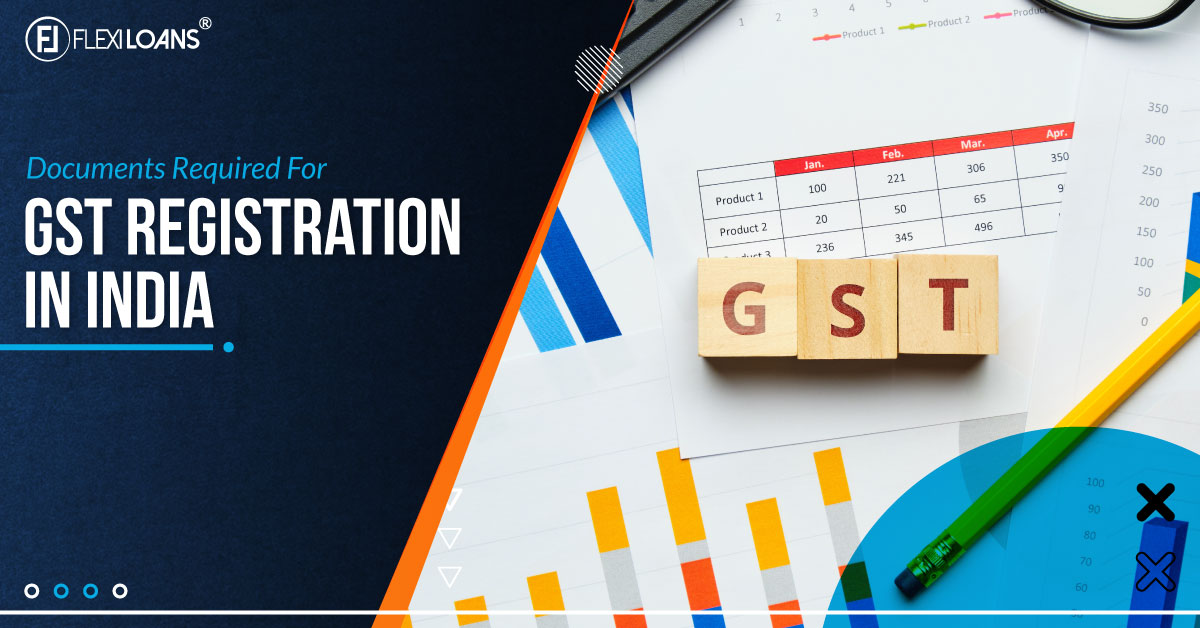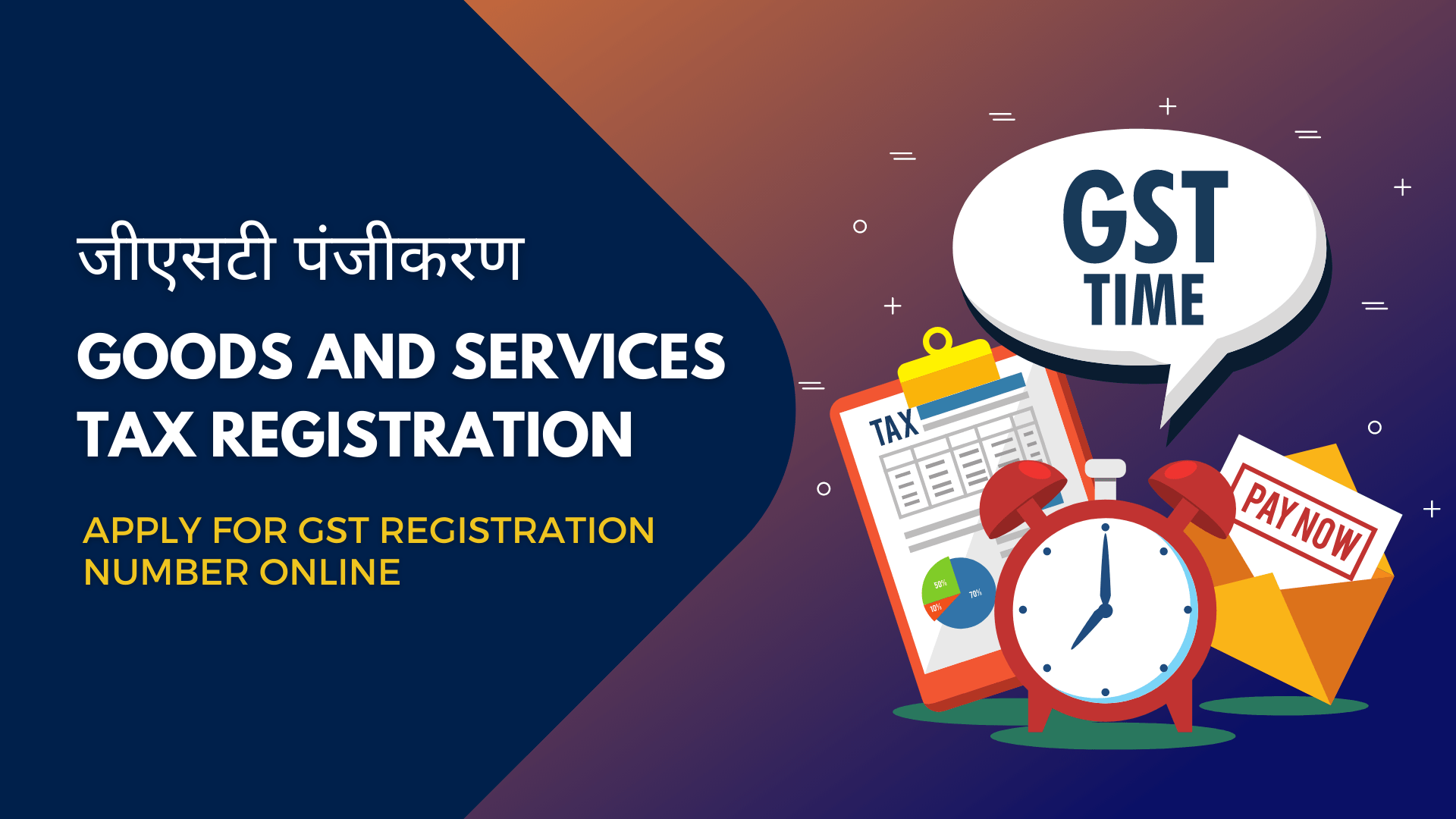Step-by-Step Refine for Singapore GST Registration Explained
Step-by-Step Refine for Singapore GST Registration Explained
Blog Article
The Ultimate Overview to Streamlining the GST Enrollment Refine and Demands for Local Business Owners

Recognizing GST Fundamentals
To grasp the principles of the Product and Services Tax Obligation (GST) system, little company proprietors should initially recognize its underlying concepts and effects. Under the GST routine, organizations are required to sign up and collect tax obligation on behalf of the federal government, ensuring transparency and conformity.
One of the vital concepts of GST is input tax obligation credit history, which permits services to claim credit scores for tax obligations paid on their acquisitions. This mechanism stops the plunging impact of taxes and advertises efficiency in the tax system. In addition, GST is a destination-based tax, implying that the tax obligation is levied at the factor of intake as opposed to the point of beginning. This makes certain fair distribution of tax revenue amongst states based upon where the goods or solutions are eaten. Recognizing these fundamental concepts is critical for small company owners to navigate the intricacies of the GST system and make sure compliance with the law.
Eligibility Standards for Enrollment
Having actually established a foundational understanding of GST principles, local business proprietors should now fulfill details eligibility standards to wage the registration procedure. In India, entities took part in the supply of goods or services with an annual accumulation turnover surpassing Rs. 40 lakhs (Rs. 10 lakhs for unique group states) are required to register for GST. Additionally, specific services such as those included in inter-state supply of items, casual taxable individuals, and those called for to pay tax under the reverse charge device must sign up for GST regardless of their turnover. Organizations that were registered under the previous tax regime (VAT, service tax obligation, etc) are also mandated to register under GST. Agricultural businesses that just provide create out of main production are excluded from GST registration. It is critical for organization owners to very carefully examine their eligibility based on these criteria to guarantee conformity with the legislation and prevent any fines for non-compliance.
Files Required for GST Enrollment

Simplified Enrollment Process Steps
Adhering to the collection and confirmation of the requisite records, the enrollment procedure for GST can be browsed with a collection of simplified actions made to promote effective compliance for tiny service owners. Upon successful confirmation, an Application Recommendation Number (ARN) is released, suggesting the conclusion of the GST registration procedure. By adhering to these streamlined steps, small organization owners can effectively register for GST and ensure conformity with tax regulations.
Tips for Ensuring Conformity
To preserve governing adherence and functional honesty, attentive oversight and proactive actions are critical in ensuring conformity with GST demands for local business owners. Local business proprietors should remain updated with GST laws, filing target dates, and any modifications in tax obligation prices to avoid fines and preserve a great standing with tax obligation authorities. One important pointer for conformity is to maintain accurate and in-depth documents of all purchases, consisting of invoices, invoices, and expenses associated with GST. On a regular basis integrating financial documents with GST returns can aid in identifying and correcting any discrepancies quickly. In addition, conducting routine inner audits or looking for specialist aid can make sure that the business is complying with all GST rules appropriately. It is likewise important for small company proprietors to buy GST-compliant accountancy software that can improve the tax obligation declaring procedure and reduce mistakes. Participating in GST understanding workshops or training programs can enhance understanding and conformity with GST policies, eventually profiting the company in the lengthy run.
Verdict
Finally, small business owners should understand the essentials of GST, fulfill the qualification standards, collect needed files, and follow the streamlined registration procedure actions to make sure conformity. By simplifying the GST enrollment process and demands, local business proprietors can stay clear of penalties and run their organizations efficiently within the lawful structure - Singapore GST Registration. It is vital for small company proprietors to remain certified and enlightened with GST guidelines to maintain an effective organization operation
Tiny company owners looking for GST registration have to ensure they gather and submit the needed papers to finish the registration process successfully. The documents required for GST registration generally include evidence of service registration or incorporation, PAN (Long-term Account Number) card of the business browse this site identity, entity and address evidence of the promoters/partners/directors, photos, address proof of the place of service, financial institution account statements or terminated cheques, and consent kinds. Attending GST recognition workshops or training programs can Discover More boost understanding and compliance with GST guidelines, inevitably benefiting the business in the lengthy run.
By streamlining the GST registration procedure and demands, tiny service proprietors can prevent charges and run their organizations smoothly within the legal structure. It is essential for tiny company proprietors to remain educated and compliant with GST regulations to preserve a successful organization procedure.
Report this page